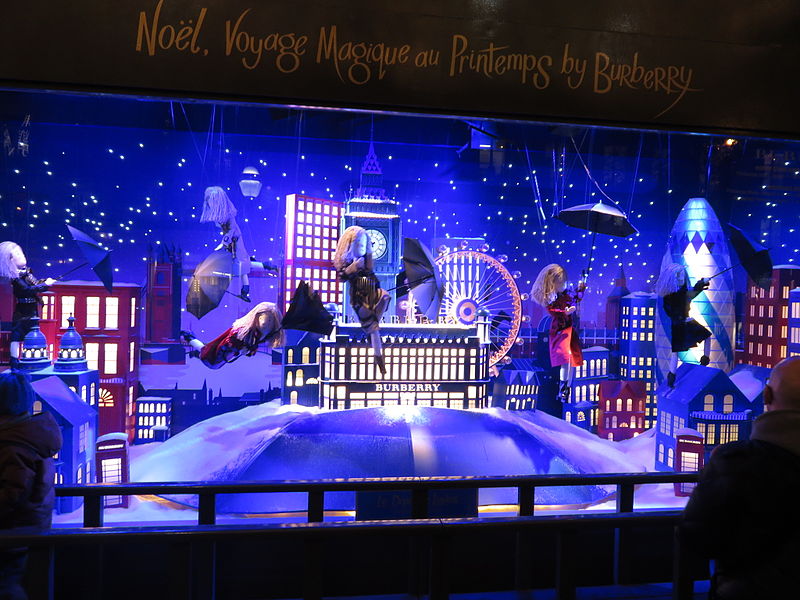Le mot du jour : Un froid de canard
“Un froid de canard” (literally a duck’s cold) describes the kind of weather we had this morning, with frost all over the garden.
It seems this turn of phrase comes from the hunters. Duck hunting season is in winter, and the hunters having to wait patiently in the freezing cold for one to appear started to call that kind of weather “un froid de canard” Et voilà !
Now I’m really looking forward to “une chaleur estivale” (summer heat) 🙂














